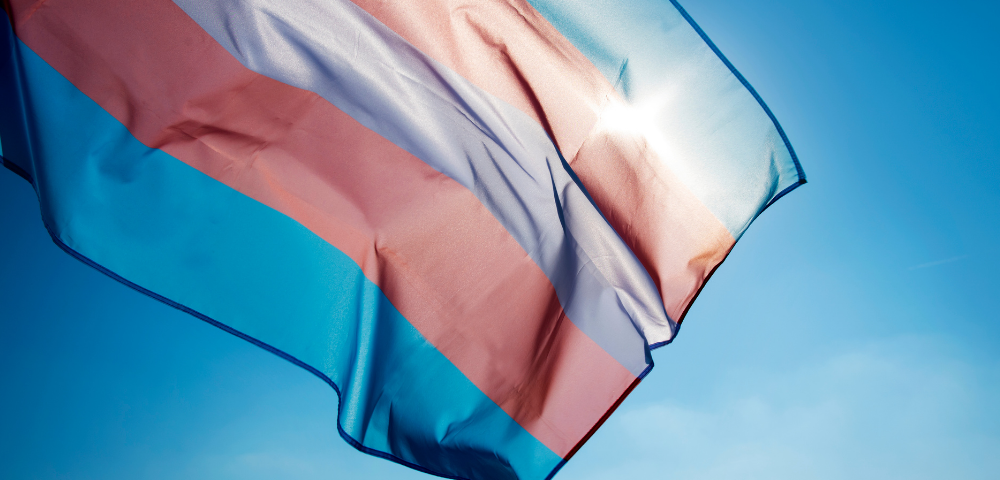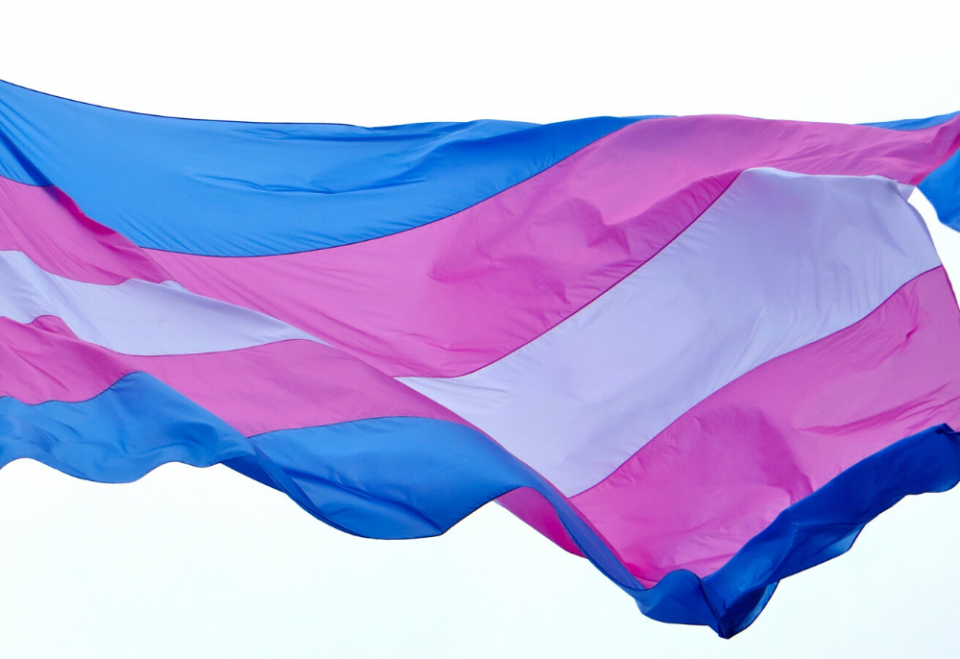
GenerationArt: Gabriela Ilieva
17.02.2021
DIGITAL INDIE LAB – GDPR Terms of Use
09.03.2021
On 15 February 2021 the European Court of Human Rights communicated a rare application concerning a transgender person’s right to respect for family life with his foster children – Savinovskikh and others v. Russia (appl. No. 16206/19). Until now, the ECtHR has never found a violation of the right to family life between transgender parents and their non-biological children. Back in 1997, the ECtHR considered such a complaint but then it ruled that the child’s best interest was observed and there was no human rights violation – X, Y and Z v. the United Kingdom (appl. No. 21830/93). Now, the ECtHR has the chance to reconsider its position and Savinovkikh – the chance to be a precedent revealing a violation. The applicants are represented by Ms Natasha Dobreva, the legal adviser of Single Step, and receive legal aid from International Human Rights Group “AGORA”, based in Moscow, Russia
The two minor boys K.K. and D.D. are Russian nationals, born with disabilities to unknown fathers and drug addicted mothers, deprived of parental rights. The applicant Savinovskikh, a mother of 2 biological boys of her own, took K.K. and D.D. at home, after signing a foster care contract with the social care authorities. In the course of the foster care, Savinovskikh came out as a transgender man and the social care authorities found out that she begun identifying and representing herself as a person of male gander and that she underwent a top surgery. They annulled the foster care contract and took K.K. and D.D. out of the family, accommodating them in a hospital. Savinovskikh never saw the boys again and fled the country seeking a refuge in Spain. The annulment of the foster care contract was confirmed by the domestic courts, which found that Savinovskikh “long time suffered from psychological disorder” and he had “diagnosis transsexualism”, which “in the International Classification of Diseases No. 10 is used instead of “psychic illness”. The judges held that “the presence of this psychological deficiency at the respondent, in the court’s view, represents a sufficient ground to dismiss Y. Savinovskih from her foster care responsibilities” and that “her intention to take the social role characteristic of the male gender, in its essence contradicts the principles of family law in our country, the traditions and the mentality of our society”. In the judges’ view, these circumstances were significant, “as they influence the psychological, spiritual and moral development of the foster children”.
The ECtHR recognized the representation power of Savinovskikh with respect to K.K. and D.D., despite the formal deprivation of his guardianship rights by the Russian authorities. As a result, the children stand as individual applicants before the Court, claiming violation of their own right to family life with a foster parent.
Before the ECtHR, Savinovskikh alleges that, in the exercise of his right under the domestic law, he had been discriminated against on the ground of his gender identity and transition. The case concerns the question of how the parental capacity of a transgender person is assessed. The Russian courts addressed Savinovkikh's “moral and other personal qualities” and questioned his “womanhood”. His gender identity, assessed as harmful and immoral, and his deviation from “the principles of family law in our country, the traditions and the mentality of our society”, were the main reasons, on which the domestic courts based their decision to deprive him of his guardianship rights. The reference to his transsexuality was explicit, its influence on his parental capacity has been assumed by the domestic courts and was a central factor leading to the decision to deprive him of his guardianship rights. On that basis, Savinovskikh argues that he suffered a difference in treatment, in comparison to cisgender parents. Further, he submits that the difference in the treatment had no legal basis in domestic legislation and no reasonable justification. Savinovskikh argues that the automatic characterization of transgender persons as such without moral and personal values, without assessing in-depth their parental capacity, their relation with the foster child, and the wishes of the child her/himself, is biased and discriminatory.
Non-governmental organizations can apply for intervention in this case as a 3rd party, supporting the applicants, if they submit a request to the Court, no later than 10 May 2021.




